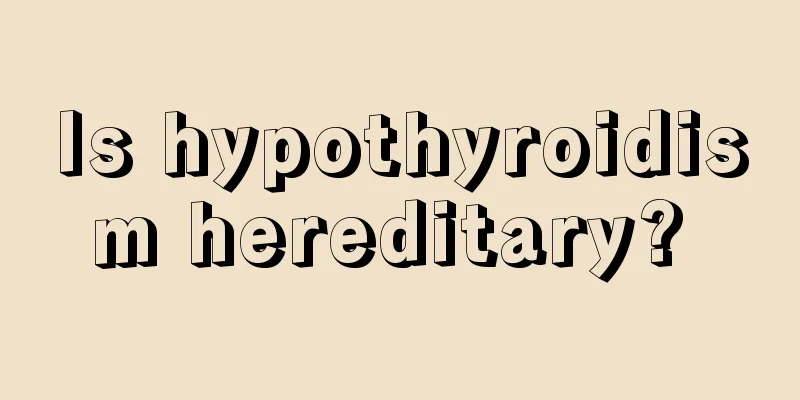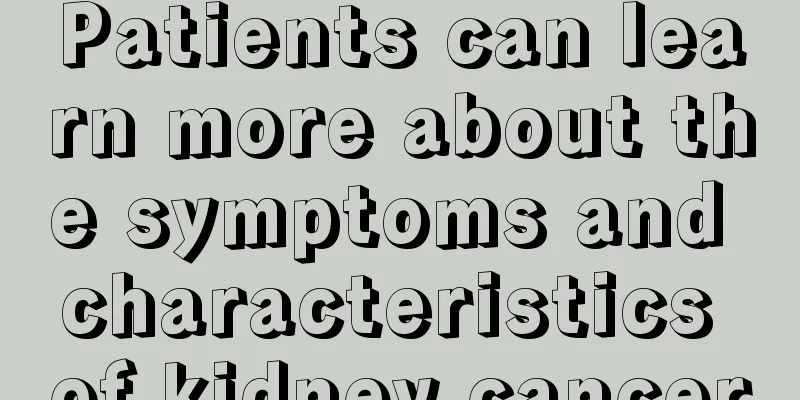Why does jaundice occur in the late stage of liver cancer

|
A 58-year-old female patient with advanced liver cancer and a history of hepatitis B is now turning yellow all over and cannot eat. Why is her whole body turning yellow? The yellowing of the patient's entire body is clinically called jaundice, which refers to hyperbilirubinemia, that is, the increase in bilirubin concentration in the blood, causing the skin, mucous membranes, sclera and other tissues and body fluids to become yellow. Jaundice is a common sign of advanced liver cancer, and diffuse liver cancer and cholangiocarcinoma are most likely to cause jaundice. The main causes of hepatocellular carcinoma jaundice are: Jaundice can be divided into three types: hemolytic jaundice, hepatocellular jaundice and obstructive jaundice. The jaundice complicated by liver cancer patients belongs to the latter two types, with obstructive jaundice being the most common. The specific mechanism of occurrence is as follows: 1. Intrahepatic tumor invades the bile duct and causes obstruction Intrahepatic tumors invade the bile duct, causing incomplete or complete obstruction of the bile duct, and may partially necrotize and fall off, descending into the extrahepatic bile duct, suddenly blocking the bile duct and causing obstructive jaundice. 2. Cancer compresses the bile duct, causing poor bile drainage Tumor nodules in the liver and hilar area or enlarged hilar lymph nodes compress the bile ducts at all levels, resulting in poor bile drainage, reflux of conjugated and unconjugated bilirubin into the blood, and increased blood bilirubin concentration, with conjugated bilirubin as the main component, causing obstructive jaundice. 3. Tumor thrombus in the bile duct blocks the bile duct The formation of tumor emboli in the bile duct, including the shedding of necrotic tumors, growth in the bile duct, rupture of primary tumors in the liver into the bile duct, or tumor bleeding, blood clots containing cancer cells forming emboli, blocking the bile duct, etc., can all lead to obstructive jaundice. 4. Mixed jaundice Diffuse liver cancer or combined with severe liver cirrhosis, due to extensive damage to liver cells, the production, metabolism and excretion of bilirubin in the liver are impaired, resulting in increased levels of conjugated and unconjugated bilirubin in the blood, causing hepatocellular jaundice. At the same time, it can also be combined with obstructive jaundice and mixed jaundice due to the compression of the biliary system by the intrahepatic tumor. 5. Therapeutic jaundice Some anti-liver cancer treatments can also cause jaundice, such as hepatic artery chemoembolization, percutaneous anhydrous ethanol injection or external radiotherapy, but the mechanism is not yet fully understood. |
<<: How to prevent liver cancer in alcoholic cirrhosis with ascites
>>: 6 life tips to prevent stomach cancer
Recommend
Will formaldehyde cause nasopharyngeal cancer?
Can formaldehyde cause nasopharyngeal cancer? 1. ...
What are the symptoms of nasopharyngeal cancer? Will there be nosebleeds?
What are the symptoms of nasopharyngeal cancer? W...
It is usually safe several years after cervical cancer surgery
The recurrence rate of cervical cancer surgery is...
How is a wrist sprain treated?
We often use our hands in our daily lives, so spr...
Signs that your husband is having an affair
Divorce is a very common phenomenon among couples...
Urethra pain after catheter removal
The human body needs to excrete excess water. Whe...
What is cervical precancerous lesion cin1? How to treat cervical precancerous lesion cin1
Mentioning cervical precancerous lesions cin1. Ma...
What are the causes of rectal cancer
The name of rectal cancer may make people feel sc...
How many causes are there for lung cancer? 5 causes are very likely to induce lung cancer
Many people think that only smokers will get lung...
Should an 80-year-old man with bladder cancer undergo surgery?
Whether or not to have surgery for bladder cancer...
What causes itchy blisters on the skin?
Many people feel inexplicably itchy on their bodi...
What is the cause of itchy ears and tinnitus
Itchy ears and tinnitus are very uncomfortable th...
What are the main causes of gallbladder cancer?
Epidemiological studies have found that the incid...
What are the characteristics of skeletal muscle
I believe many people are familiar with the name ...
How long does it take for a patellar fracture to heal? Rehabilitation training is very important
As the saying goes, it’s easy to get hurt, but it...









